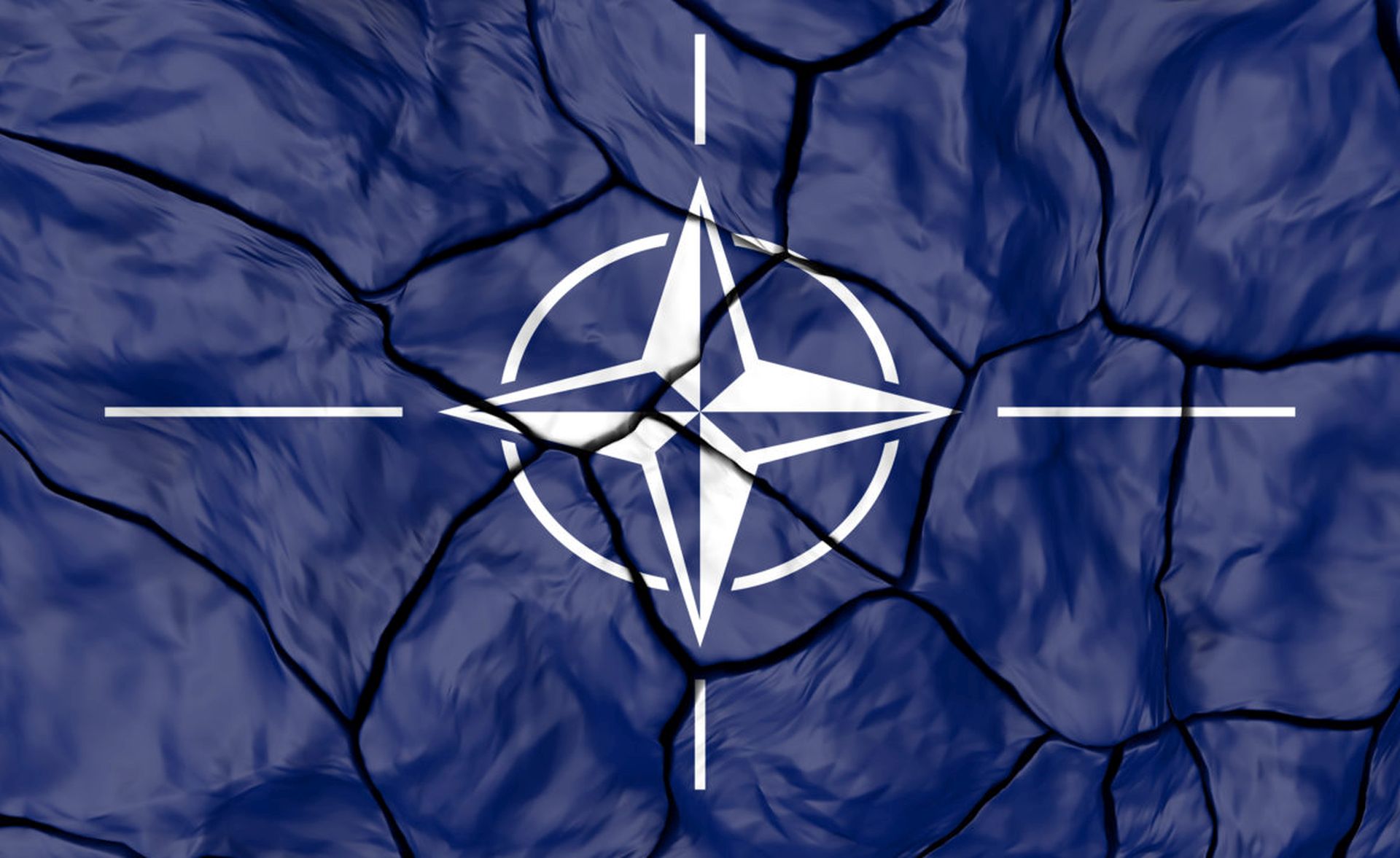
Defense Secretary Mark Esper will present President Donald Trump with a series of options Monday to withdraw thousands of US troops from Germany, with many moving to eastern Europe, the Pentagon said Saturday.
“Secretary Esper met with President Trump on Wednesday to discuss our presence in Europe,” said Pentagon spokesman Jonathan Hoffman.
“On Monday the Secretary will brief the President at the White House on options for our force posture in Germany.”
According to two senior Pentagon officials, the plan calls for cutting the permanent US troop presence in Germany to 25,000, as Trump announced June 15, for a reduction of 9,500 troops.
Some of the 9,500 will return to the US, while others will be transferred to former Soviet-bloc countries, the two officials said, speaking on grounds of anonymity.
That shift, they added, would be meant as a clear warning to President Vladimir Putin of Russia, whose military ambitions were underscored by the 2014 annexation of the Crimea.
The two officials did not say to which European country the troops might be moved, as that is among the options to be presented to the US president.
But Trump, meeting at the White House on Wednesday with Polish president Andrzej Duda, said Wednesday that Poland would be one of the European countries receiving US troops.
The two men said some of those troops would be permanently based there, but that most would be rotated through the country.
NATO promised Russia in 1997 that it would not establish permanent bases in the former East bloc. So far, with tensions rising, the Atlantic alliance has only rotated troops through the countries geographically closest to Russia.
But the United States sees the annexation of Crimea and the continuing conflict on the Ukrainian-Russian border as freeing itself from the earlier commitment.
Moreover, one of the two Pentagon officials said, these deployments will be based on bilateral agreements between the US and the concerned countries, and will not be done under the aegis of NATO.
The rotation system offers greater flexibility and a higher level of unpredictability — making it more destabilizing for Russia, the official added.
But the calendar for the troop movements remains vague, with the US presidential election just over four months away.
Trump’s announcement of a troop shift came not long after German Chancellor Angela Merkel announced she would not attend a G-7 summit the US president wanted to host this month. The two have long had a strained relationship.
from Defense News by DefenceTalk.com https://ift.tt/3g6eE4f
via Defense News
No comments: